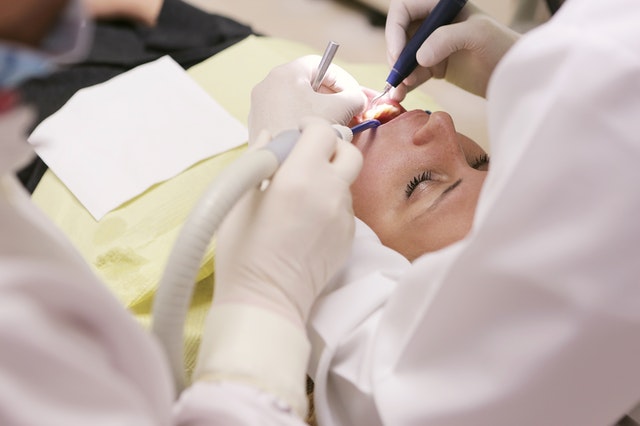
Facial plastic surgery is a great way to rejuvenate and maintain the youthful glow of your younger self by reshaping the structures around your head and neck. These include features such as your cheekbones, nose, chin, ears, and neckline. There are myriad motivations that make people want to consider facial plastic surgery. Some of the most common ones include changing certain features after an injury or disease, changing birthmark features, reversing aging signs, firming the jawline, and many more. Whatever the reason for your decision, you should always be aware that facial plastic surgery is a delicate process, so you need a Houston facial plastic surgeon to perform the surgery.
Data from the American Society of Plastic Surgeons estimates that close to 250,000 Americans opt to modify their facial structures through facial surgery each year. This is a big decision for one to make, and a successful procedure will lead to a substantial positive impact on how one looks and feels about themselves. On the other hand, a botched facial surgery may lead to frustrations and additional costs in trying to correct it. This is why it’s pertinent to take your time and thoroughly vet a potential facial surgeon before entering a binding contract with them.
This article will highlight some of the factors you should consider when making this big decision to get the best facial surgeon with the right skills and experience for your particular surgery needs. Read on!
Ensure they are Board-Certified
One fool-proof way to determine if your potential facial surgeon is properly trained and experienced is by checking if they are board-certified by the American Board of Plastic Surgery (ABPS). ABPS is the only recognized plastic surgery board by the American Board of Medical Specialties, and its membership is subject to a rigorous certification process. A member facial plastic surgeon must have at least 6 years of surgery training with 2 or 3 years specifically dedicated to plastic surgery. They must have also demonstrated the ability to conduct safe and ethical surgical procedures with exceptional scores in oral and written examinations.
Look at Patients Reviews
To further boost your confidence with a potential facial plastic surgeon, it’s crucial to know the experiences others have had with them. Going through patient reviews is a great way to do that. You’ll get to know various aspects about the surgeon, like how patients rated the quality of their surgical procedures, their staff, waiting time, and other elements that may influence your decision. You can evaluate the reviews on their websites or other trusted third-party review sites like Yelp, Google, Angi, LinkedIn, etc.
Confirm their Experience Level
Plastic surgery is considered more of an art in the medical world, and facial plastic surgeons may have varying experience levels and result in different sub-specialties. You want a facial surgeon with substantial relevant experience in the specific procedure you’re considering. Ask them whether they are trained for your particular procedure and how long they have performed similar surgeries.
Look at their Consistency in Previous Works
A reputable facial plastic surgeon will have a portfolio of previous works. These will include photos of before and after for various categories of facial surgeries. Compare the results for all procedures similar to your own surgical needs to get a sense of their consistency. Check if the results are identical to what you expect your final procedure to look like. This will ensure that you get the right plastic surgeon with an aesthetic sense matching your expectations.
Seek Out Referrals
Referrals are a great way of knowing more about a potential plastic surgeon from trusted people close to you. This can be your friends, family, neighbors, or workmates who have undergone a facial surgical procedure with a particular surgeon. You’ll most likely get the most honest opinions about many aspects concerning the surgeon from the initial consultation, the surgery itself, and the recovery process. Alternatively, you can ask for a list of recommendations from your Primary Care Physician along with their locations for further scrutiny.
Assess the Operating Facility
To ensure a safe procedure, you should also assess the state of the operating facility. Ask the surgeons the hospitals affiliated with them and check their level of accreditation. An accredited operating facility should be equipped with all the necessary life support systems in case of an emergency. Some of the vital accreditations to look at include;
Accreditation Association for Ambulatory Health Care (AAAHC).
Joint Commission on Accreditation of Health Care Organizations (JCAHO).
American Association for Accreditation of Ambulatory Surgery Facilities (AAAASF).
Institute of Medical Quality (IMQ).
The facility should also be located at a convenient location to encourage timely care post-surgery for procedures like tests or treatments.
Hey welcome to my blog . I am a modern women who love to share any tips on lifestyle, health, travel. Hope you join me in this journey!

Speak Your Mind